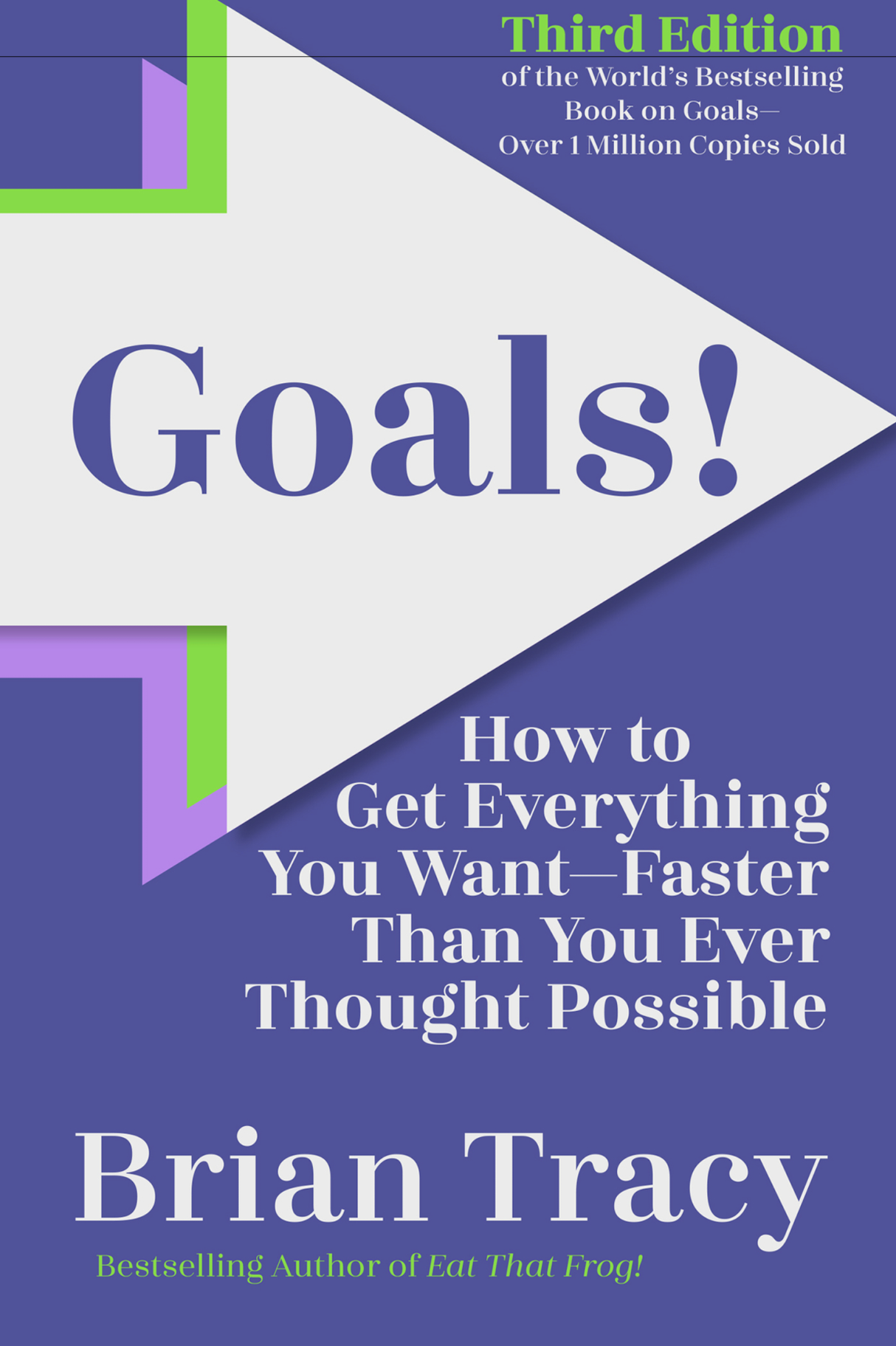On Goals and Wandering Around like a Drunken Sailor
The smartest, most successful (and happy) people I know are recommending books that, if they hadn’t come from this person, I would’ve immediately dismissed as silly.
Like, this book has to be silly, right?
And this one? Silly?
And this?
Sillier than my son after his Poppy sneaks him a chocolate chip pancake.
Well, the three most successful people I know mention these as the books that changed their lives (one book for each). They carry around copies and gift them to friends and re-read them every 6 months or so.
So… maybe not silly?
Then, this morning on a metro north ride into the city I was reading The Art of Doing Science and Engineering, it’s great even if you have no interest in the art of doing science and engineering, and I stumbled on this passage:
“It is well known the drunken sailor who staggers to the left or right with “n” independent random steps will, on the average, end up about steps from the origin. But if there is a pretty girl in one direction, then his steps will tend to go in that direction and he will go a distance proportional to “n.” In a lifetime of many, many independent choices, small and large, a career with a vision will get you a distance proportional to “n,” while no vision will get you only the distance . In a sense, the main difference between those who go far and those who do not is some people have a vision and the others do not and therefore can only react to the current events as they happen.”
Our guy Graham Weaver also talks goals, and countless books, including one of my favorites of all-time, talks visualization.
So, goals - or, more specifically, a goal - seems to be critical. A singular thing that rises above everything else.
And the big takeaway seems to be that you probably don’t have a prioritization problem or a procrastination problem or any other scary word with a “p” - it’s probably just that you don’t have a goal.
I was curious, so I emailed 10 random founders in Tacklebox with one sentence: “what’s your goal?”
This, admittedly, wasn’t the best way to ask the question, but no one answered with an actual goal. Meaning, a thing with a timeline and specific metrics. Only one person had something that, if you squint, could even be considered a goal:
“I’d like to quit my job in the next 12 months and do this full-time.”
The rest asked clarifying questions or said they wanted to run a successful startup or live a fulfilling life or be happy or make enough money to be comfortable.
It seems I’ve got a bunch of drunken sailors staggering around in my program?
We can’t have that, so let’s figure out how to set goals.
Setting Goals
To be comprehensive, this would need to be a longer post or a podcast or a full-on workshop. Maybe it’ll become that. But, I think we can get you started today.
Goals are much harder than they used to be simply because the world will drown your goals in tidal waves of new stuff you can’t avoid. If your goal this year was to write a book, at some point you were probably swamped with a bunch of articles about how AI was going to write all the books in the future and it pulled you off course. Your goals need to stand up to 200 shiny objects a day, which is… tough to the point of unrealistic. Unless you build a system.
For today, we’ll just grab the systems from the first two books, formatted in a digestible way.
We’ll start with the Earl Nightingale book, The Strangest Secret. The shtick here - and shticks are fine - is a 30-day challenge along with prompts and reminders throughout the day. Basically, pummel yourself with the goal until your subconscious can’t even consider anything else. I like this.
Here’s a template (extend the days to 30)
Next is Goals, by Brian Tracy. This is more of a “think through what you need to achieve this goal” sort of approach. I like this one, too.
Maybe one or a combination of the two will work for you. Or, maybe it’s something bespoke. But, I’m starting to think the worst thing you can do is not have a goal. To wander around like a drunken sailor.
Picking a goal is hard, sticking to that goal is hard, and each of those is OK. What’s not OK is the alternative.
If you think you have a motivation problem, or a procrastination problem - it might just be a goal problem.





